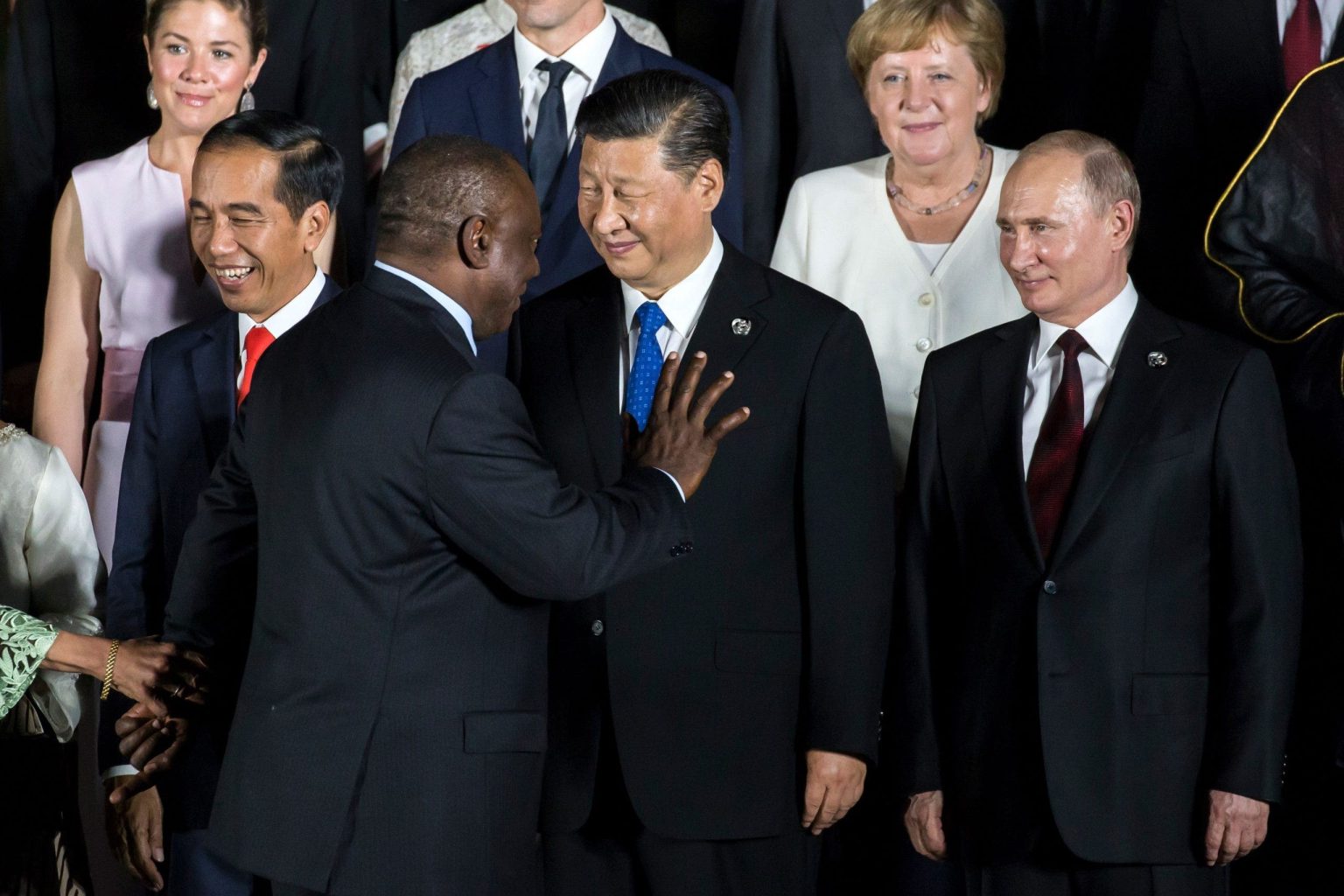South Africa’s alignment with Russia and China in support of the Palestinian cause has raised concerns among critics, who claim that the country has fallen for Russian propaganda that portrays the U.S. and Western powers as colonialists. Congress passed a bill requiring President Biden to assess whether South Africa’s activities undermine U.S. national security interests, particularly citing concerns about its alignment with China and Russia. South Africa’s increased association with the BRICS economic bloc also reflects a shift towards a multipolar world that challenges U.S. dominance.
The ruling African National Congress (ANC) party’s foreign policy decisions, including Minister Naledi Pandor’s visit to the U.S., have been criticized by the opposition party as guided by political and financial motives rather than moral principles. The growing divide between the U.S. and South Africa has been evident in their opposing stances on the Israel-Hamas conflict, with South Africa leading a case against Israel in the International Court of Justice. Israeli officials have accused South Africa of acting as a legal arm of Hamas to undermine Israel’s defense efforts.
The U.S. State Department has expressed concerns about South Africa’s susceptibility to Russian propaganda and influence, as well as warned African countries to be wary of China’s interests. Despite economic struggles, South Africa maintains a strong relationship with the U.S., with growing trade making the U.S. its second-largest bilateral trading partner. However, the State Department emphasized the need for South Africa to be cautious of Russian and Chinese actions that threaten stability, governance, and human rights on the African continent.
South Africa’s economic challenges, such as high unemployment rates and weak growth, have further complicated its foreign policy decisions and alignment with Russia and China. The country’s struggles with energy shortages and debt limit its ability to respond to economic shocks. Additionally, South Africa’s support for Russia and China, including abstaining from condemning Russia’s invasion of Ukraine and hosting joint naval exercises with the two countries, has raised concerns about its foreign policy direction.
South African President Cyril Ramaphosa’s expressed support for Iran, which has a long history of sponsoring extremist groups like Hamas, further complicates the country’s foreign relations. Iran’s efforts to join BRICS and increase its influence in the group pose challenges for South Africa’s alignment with countries that deviate from Western interests. Despite criticism and concerns about its foreign policy decisions, South Africa has not responded to requests for comments on these matters.
In conclusion, South Africa’s alignment with Russia, China, and Iran in support of the Palestinian cause has raised concerns about its foreign policy decisions and relations with key international partners like the U.S. Critics argue that the country’s support for these countries and contentious stances on global conflicts reflect a shift towards a multipolar world that challenges Western dominance. The economic challenges facing South Africa further complicate its foreign policy decisions and aligning with countries that may not align with Western interests or values.


